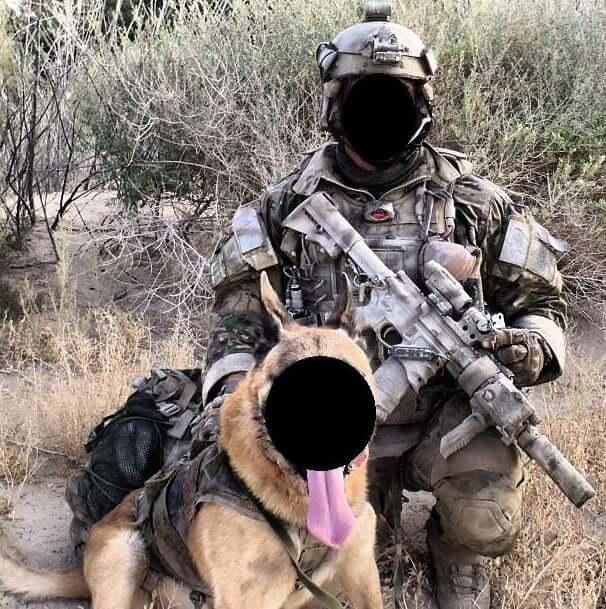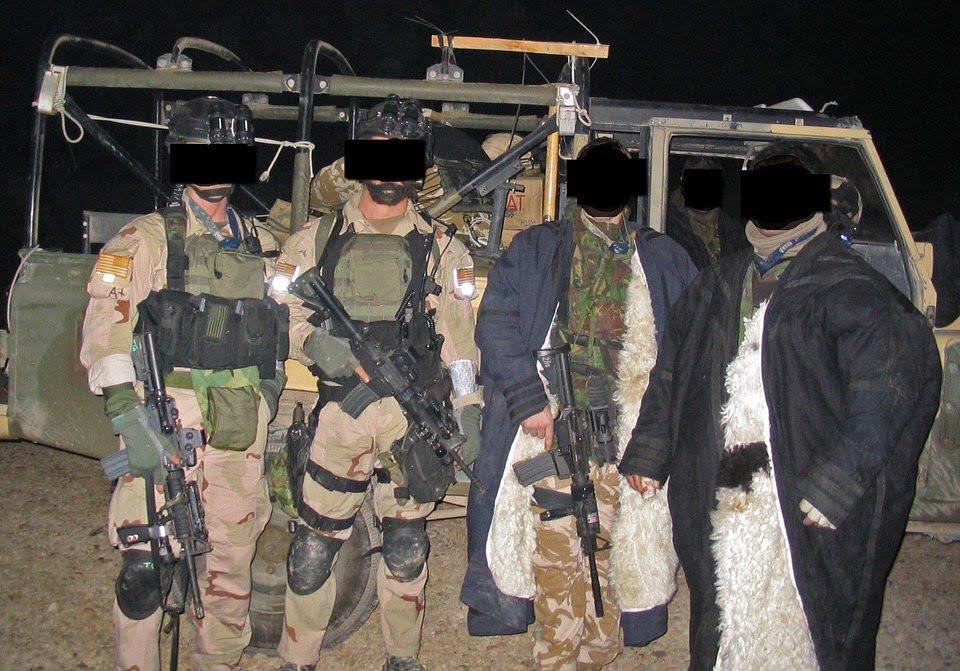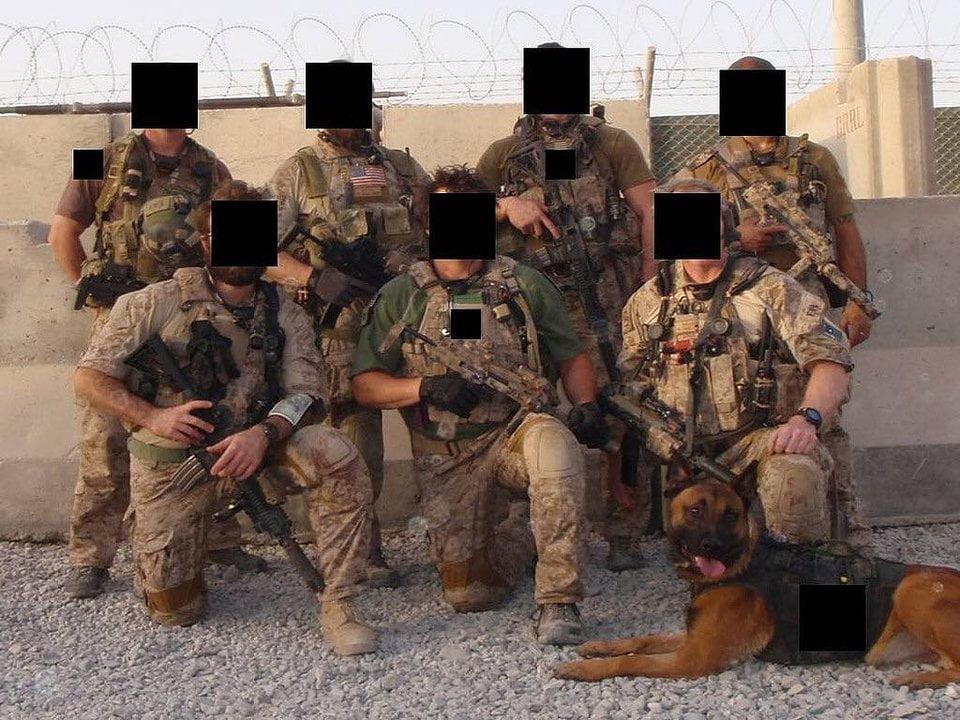Joining the ranks of the British SAS or U.S. Delta Force means stepping into the world of the elite — a world where only the most mentally resilient and physically capable survive. These units are known for conducting the most dangerous missions, operating behind enemy lines, and making split-second life-or-death decisions.
But before anyone earns the right to wear the badge of the Special Air Service (SAS) or 1st Special Forces Operational Detachment-Delta (Delta Force), they must first endure some of the toughest selection and training programs ever designed.
Getting Started: Before the Real Test Begins
Before a candidate can even apply to SAS or Delta Force, they must first join the regular military and prove themselves through years of physical training, discipline, and dedication. From there, the real challenge begins.
Aspiring members must pass a gauntlet of physical endurance tests and psychological evaluations designed to push them to their breaking point — and beyond. With dropout rates exceeding 90%, both the SAS and Delta Force selection pipelines are meant to eliminate all but the most elite.
The Special Air Service (SAS)
Formed in 1941, the British SAS is one of the most storied and respected special operations units in the world. Their capabilities range from counter-terrorism and direct action missions to covert reconnaissance and hostage rescue. The SAS gained global recognition during the 1980 Iranian Embassy siege, showcasing their precision, speed, and bravery.
SAS Selection Process
Applications are open twice a year — typically in summer and winter — and available to soldiers from any UK military branch. While both men and women can apply, candidates typically come from light infantry, airborne, or commando units.
The five-month selection process begins with grueling endurance challenges in the Brecon Beacons and Elan Valley of Wales. These exercises include long-distance marches with weighted packs (starting at 20 kg and rising to 27 kg), land navigation with minimal resources, and relentless pressure testing.
The first phase alone eliminates over half of all candidates.
SAS Training Phases
Those who pass initial selection move on to jungle warfare training, usually held in Brunei, Belize, or Malaysia. Here, candidates are trained in:
- Survival and evasion
- Intelligence gathering
- Combat medicine
- Close-quarters combat
- Stress inoculation in hostile environments
Candidates are deprived of comfort, rest, and often food, replicating combat conditions in the harshest environments on Earth.

The final phase includes marksmanship, airborne operations, escape & evasion tactics, and resistance-to-interrogation exercises. Candidates undergo simulated captivity, where they face psychological stress meant to replicate enemy capture conditions.
By the end, only about 25 out of 200 applicants will have endured every phase — and even then, they join the SAS as probationary members before becoming full-fledged operators.
Delta Force – America’s Elite Counterterrorism Unit
Formed in the late 1970s, Delta Force was modeled after the SAS and quickly became the United States’ premier counterterrorism and hostage rescue unit. Officially known as the 1st Special Forces Operational Detachment-Delta (Airborne), this ultra-secretive group is often the tip of the spear in America’s most dangerous missions.
Eligibility and Selection
To apply for Delta Force, candidates must already be a member of the U.S. Army and have a minimum of four years of service. While all branches of the military have produced Delta operators, a background in Airborne, Special Forces, or Ranger units is common.
Currently, only men can apply.
Selection begins with a brutal battery of physical tests including:
- 5-mile run in under 40 minutes
- 100-meter swim fully clothed
- Land navigation under stress
- Ruck marches with increasing weight and distance
But physical endurance is just the start — mental toughness, adaptability, and decision-making under pressure are critical.
Operator Training Course (OTC)
Those who pass the selection phase enter the Operator Training Course (OTC). Here, they learn the specialized skills that make Delta Force one of the most versatile and deadly forces in the world:
- Advanced marksmanship: Shooting multiple targets rapidly and accurately, even in hostage rescue scenarios.
- Breaching techniques: From explosives to lock-picking and tactical entry.
- Covert operations: Espionage, disguise, and surveillance skills.
- Advanced driving and mobility: Operating in all terrains and under threat.
- Explosives and demolitions: Including improvised and low-visibility methods.
The culmination is a full-mission profile test, combining all learned skills under live-fire conditions and strict time constraints.
Only around 10% of candidates complete the course and earn the title of Delta Operator.
Could You Survive SAS or Delta Force Training?
These units are not just for the physically strong — they demand mental resilience, strategic thinking, and an unbreakable will. Those who make it through selection don’t just earn a spot in a prestigious military unit; they become part of a lifelong brotherhood built on trust, sacrifice, and unmatched dedication.
Becoming part of the SAS or Delta Force means operating in the shadows, executing missions most people will never hear about — and being prepared to lay down your life without hesitation.
Conclusion
So, could you survive SAS or Delta Force training? If you think you have what it takes — the discipline, grit, and heart — then maybe. But know this: the path is not for the faint of heart. For those who do survive, it’s not just a career — it’s a legacy.


